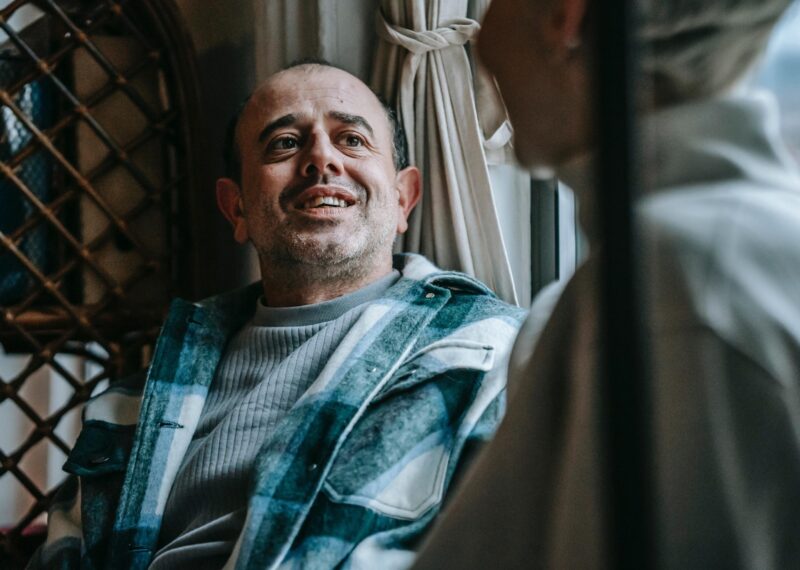For the version in English, please refer to: https://pfi.edu.mt/course/emotional-support-en/.
This course is eligible for the Get Formed! scheme, allowing students to reclaim 70% of their course fees upon completion. For more information, visit: https://pfi.edu.mt/get-formed/.
The aim of this course is to empower individuals without academic backgrounds in psychology, such as pastoral workers, volunteers, and others interested in enhancing their fundamental knowledge, skills, and attitudes for interacting effectively with parishioners or others. This course introduces participants to helping skills, theories, and approaches.
Through study and discussion, students gain awareness of tools that assist them in their work with people from diverse cultural and social backgrounds. The course provides an opportunity to reflect on methods used in their work and relationships and evaluate their effectiveness.
By the end of this course, the participant will be able to:
- Understand the basic theories and skills of helping.
- Know how to listen and respond appropriately.
- Provide emotional and spiritual support.
- Identify when to refer someone to professional help.
Individuals without an academic background in psychology, including:
- Those who regularly provide support and companionship to colleagues and friends in their workplace, family, etc.
- Pastoral workers, volunteers, or individuals who interact with people in need or visit residential homes.
Target Audience Age: 18+
In this session, participants will explore pastoral work’s helping skills, including active listening, providing support, and validating feelings.
In this session, participants will discuss the crucial skill of empathy in assisting others. Participants will have the opportunity to practice this skill during the session. Additionally, participants will thoroughly explore the practice of maintaining boundaries, as clear and established limits in our work contribute to safe and effective connections.
In this session, participants will cultivate self-awareness; they will be prompted to reflect on and acknowledge their strengths, challenges, beliefs, thoughts, and emotions.
In this session, participants will explore their own spiritual journey and recognize its manifestations in their personal lives and within the community. It will delve into cultural diversity, other religious denominations, and spiritual practices within the parish, examining their impact on individual and community life. Additionally, the session will address spiritual accompaniment and religious practices, differentiating between them and exploring their potential synergy.
In this session, participants will learn when to refer individuals to professional help, understand the significance of confidentiality in pastoral work, and recognize the boundaries of confidentiality.
| Session |
| Learning how to listen, contain and validate feelings |
| Learning how to empathise while keeping healthy boundaries |
| Learning how to support others emotionally as a pastoral worker/non-professional |
| How to support others spiritually as a pastoral worker/non-professional |
| Learning when, where and how to refer someone to professional help |
This course has three exit certificate options:
- Certificate of Attendance
To obtain a Certificate of Attendance, students must 80% of course contact hours.
2. Certificate of Participation
To obtain a Certificate of Participation, students must attend 80% of course contact hours and pass the short multiple-choice online exam.
3. Certificate of Achievement
To obtain a Certificate of Achievement, students must:
- attend 80% of course contact hours;
- pass the short multiple-choice online exam;
- and successfully complete a Case Study Analysis;
Every application will be considered on its individual merits. The Pastoral Formation Institute accepts a wide range of qualifications, and we always try to judge applications on the basis of academic potential. We do consider a very wide range of academic, vocational, and professional qualifications, as well as work and other appropriate experiences and skills.
Language: Participants must have a primary level understanding of Maltese and English.
Digital: Participants must know how to access the internet and use office suites.



